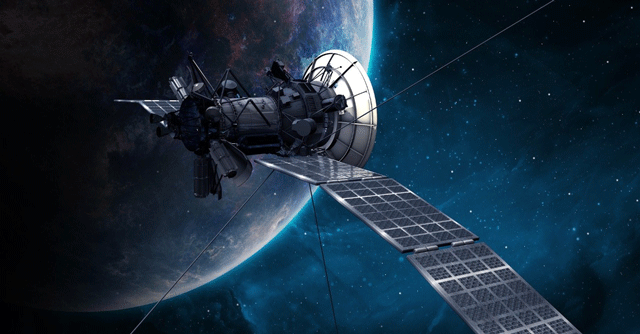
'Expect space bills, FDI regulations by end-2022': ISpA DG


The government is likely to introduce at least three policies as part of the Space Activity Bill which is expected to be introduced this year, Lt. General (Retired) Anil Kumar Bhatt, Director General of the Indian Space Association (ISpA), said in an interaction.
ISpA was instituted in October 2021 by Prime Minister Narendra Modi, and is an industry body representing private space and satellite companies in India.
The upcoming space regulatory Bill is also expected to clearly define the scope of foreign direct investments (FDI) in the Indian space sector, as well as the role that the Indian Space Research Organisation (ISRO) would play alongside Indian startups, Bhatt added.

“The Space Communication policy, the Remote Sensing policy and the Transfer of Technology policy are three for which discussions have been held between the Indian National Space Promotion and Authorisation Centre (In-Space), the Department of Space and private companies. These policies are at an advanced stage of consideration with the government right now,” said Bhatt.
In December 2021, Pawan Kumar Chandana, chief executive of Indian space startup Skyroot Aerospace, told Mint that most of the upcoming regulations in the space sector are expected to define the role that private companies would play in India. These include space communication and other aspects defined by the policies that Bhatt mentioned, along with aspects such as human spaceflight.
Industry stakeholders have, however, maintained that involvement of private companies in the space sector is unlikely to pan out in the immediate future, as the latter is a highly resource-intensive field. Bhatt acknowledged this challenge and stated that this is one of the key areas that In-Space could facilitate. Another aspect that could enable private companies to get their hands on greater financing avenues is foreign direct investing (FDI).

“We also hope to see the Draft Space Activity Bill being passed by the Parliament, very soon. These are the policy enablers for the Indian private space industry that we expect to see this year. The final industry interactions have taken place, and the final discussions are now happening with the Department of Space and the Indian Space Commission,” Bhatt added.
2022 is scheduled to be a big year for private Indian space missions. Private startups such as Agnikul Cosmos, Skyroot Aerospace, Pixxel and Dhruva Space are all expected to launch their respective missions this year. Isro, on the other hand, is expected to undertake the very first launches under Gaganyaan – the eventual manned space mission from India. However, despite these launches, India is still at a nascent stage in the private space race – which is well behind other nations.
“A company like SpaceX took almost 10 to 14 years to reach where it has today. For Indian startups too, it will take some time, although it may take them lesser time than what SpaceX took – since the industry has matured of late,” Bhatt said.

